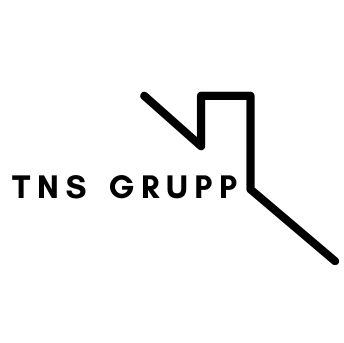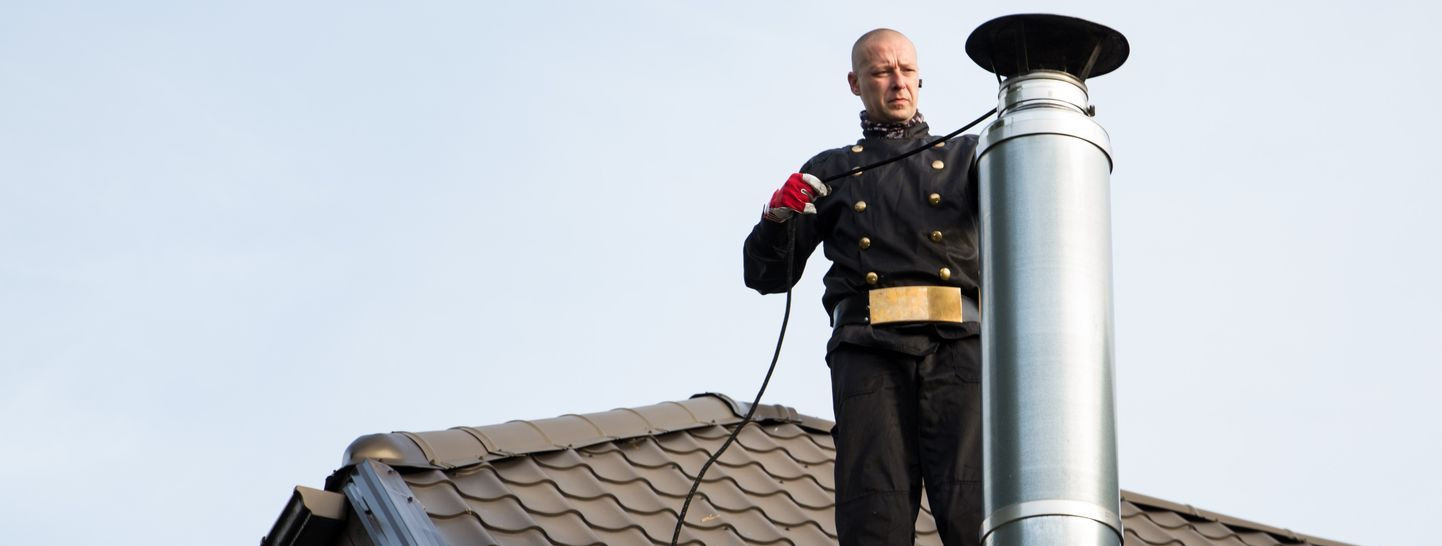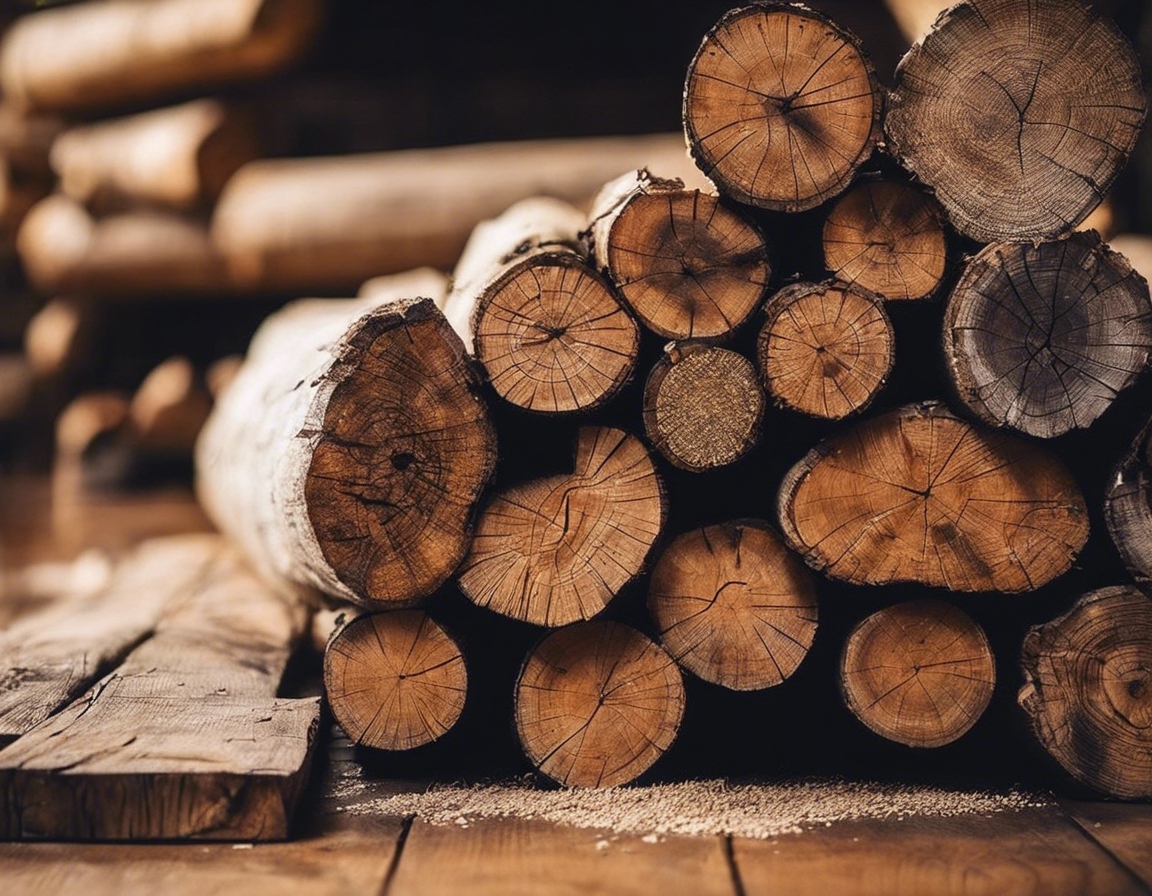5 signs your chimney needs immediate cleaning
As a homeowner or property manager, ensuring the safety and efficiency of your heating systems is paramount, especially in colder climates where fireplaces and wood stoves are a necessity. One critical aspect of maintaining these systems is the regular cleaning of your chimney. Neglecting this duty can lead to dangerous and costly consequences.
Understanding the Importance of Chimney Cleaning
One of the primary reasons for chimney cleaning is to prevent chimney fires. The buildup of soot and creosote, highly flammable by-products of wood burning, can ignite under high temperatures, leading to a potentially devastating fire.
Clean chimneys allow for better airflow, which is essential for efficient combustion and heat generation. A dirty chimney can impede this airflow, causing your system to work harder and less effectively.
Regular cleaning not only improves performance but also extends the life of your chimney and heating system by preventing corrosive damage from soot and creosote accumulation.
Sign #1: Visible Soot and Creosote Buildup
Creosote is a dark, tar-like residue that is a byproduct of burning wood. It is highly combustible and can accumulate in your chimney over time.
Excessive creosote buildup is visible as a thick, tarry glaze inside the chimney flue. If you can see more than 1/8 inch of buildup, it's time for a cleaning.
Sign #2: Poor Fire Performance and Smoke Issues
If you're having trouble starting a fire or if the fire seems to burn out quickly, it could be a sign that your chimney is blocked and needs cleaning.
Smoke should go up the chimney, not into your home. If smoke is entering your living space, it's a clear indicator that the chimney is not properly venting and may be obstructed.
Sign #3: Unpleasant Odors from the Fireplace
Various factors, including excess moisture, creosote buildup, or animal waste, can cause unpleasant odors emanating from your chimney.
Beyond being a nuisance, these odors can also pose health risks, as they often indicate the presence of harmful substances or mold growth.
Sign #4: An Unusual Amount of Animal Activity
Animals such as birds, squirrels, and raccoons may nest in chimneys. Listen for unusual sounds or look for droppings and nesting materials.
Animal nests can block the chimney and pose a fire hazard. They also prevent toxic gases from escaping, which can lead to carbon monoxide buildup inside your home.
Sign #5: Time Since Last Cleaning Exceeds One Year
The National Fire Protection Association recommends that chimneys be inspected at least once a year and cleaned as necessary. If it's been over a year, it's time for an inspection and possibly a cleaning.
Infrequent cleaning increases the risk of chimney fires and can lead to more significant and expensive damage over time.






Comments (0)